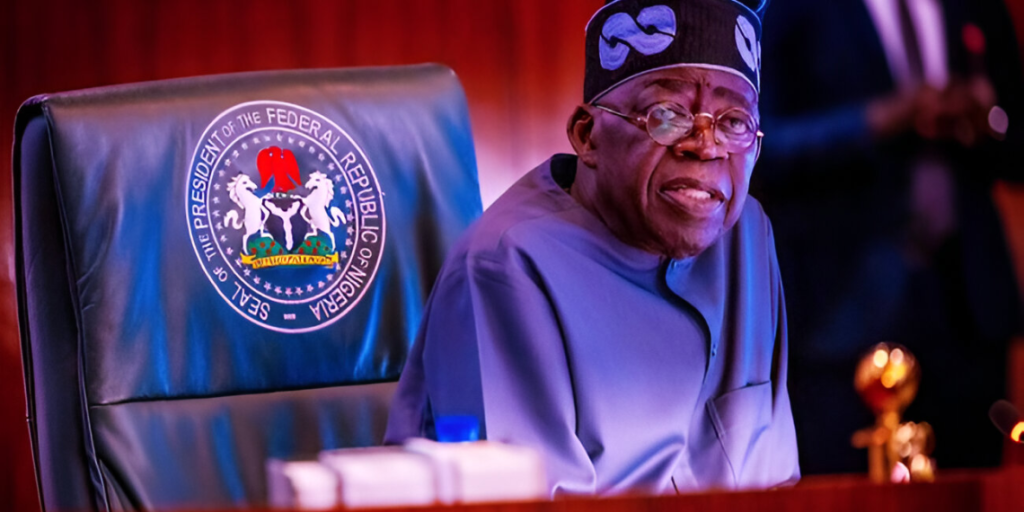
As the countdown to Nigeria’s 2027 general elections begins, the now-defunct Congress for Progressive Change (CPC) is witnessing deep divisions among its members. While a major faction has pledged loyalty to President Bola Ahmed Tinubu, others have openly aligned with the opposition, setting the stage for political battles ahead.
The CPC, founded by the late President Muhammadu Buhari before the 2011 elections, merged with Tinubu’s Action Congress of Nigeria (ACN) and other parties in 2013 to form the ruling All Progressives Congress (APC).
A gentleman’s agreement between Buhari and Tinubu meant that Buhari supported Tinubu’s presidential bid after completing his two terms. However, following Buhari’s death, the CPC bloc has been left without a central rallying point, with factions now free to pursue different political alliances.
On Tuesday, a faction of the CPC led by former Nasarawa State Governor Tanko Al-Makura visited President Tinubu at the Presidential Villa to declare loyalty and support ahead of the 2027 elections.
Al-Makura praised Tinubu’s reforms in the economy and security sectors, pledging that CPC leaders, women, ministers, and lawmakers would work tirelessly to consolidate his administration’s achievements.
“We are with you in loyalty, in person, and in purpose. May Almighty God grant you the wisdom and strength to continue leading our nation,” Al-Makura told the president.
The delegation also commended Tinubu for honouring Buhari’s memory during his burial and national tributes.
However, not all CPC members share this loyalty. Prominent figures including former Kaduna State Governor Nasir El-Rufai and ex-Attorney General Abubakar Malami have openly criticised Tinubu’s administration, especially on issues of security and the economy.
Reports indicate that this faction is aligning with the African Democratic Congress (ADC), a platform that many opposition politicians have adopted to challenge Tinubu’s re-election bid.
In response to Al-Makura’s delegation, President Tinubu declared that his government has already met its revenue targets and will no longer rely on borrowing to fund national projects.
“Nigeria is not borrowing again. Nobody is trading pieces of paper for exchange rate anymore. The naira is stabilising. What we need now is to build the infrastructure for export and import, to create jobs and opportunities for our people,” Tinubu said.
On agriculture, Tinubu revealed plans for a nationwide mechanisation programme, establishing farm centres across regions to boost food production and reduce poverty.
“Our path to food security is clear. Every region will have a mechanised farm centre. We are committed to removing poverty from our land,” he added.